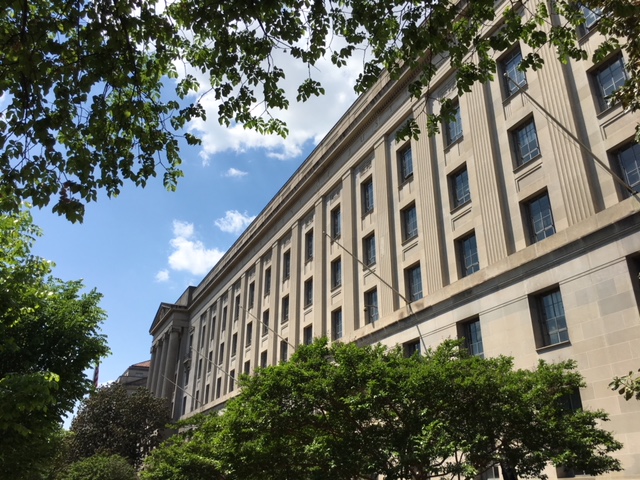Department of Justice Revises Conflict of Interest Guidelines
New Policy Announcement
Deputy Attorney General Todd Blanche has recently introduced a policy that redefines what constitutes a “conflict of interest” within the context of the Department of Justice’s (DOJ) private counsel program. Under this new directive, the DOJ will no longer engage law firms that are involved in litigation directly opposing the interests of the United States, particularly concerning ongoing cases against Administration policies.
Interpretation of Conflict of Interest
The announcement references the Model Rules of Professional Conduct, which demonstrate that a conflict may arise when representing one client adversely impacts another. However, critics argue that the DOJ’s interpretation is excessively broad, as engaging in litigation against the Administration does not inherently relate to managing debt collection for the civil division.
Impact on Law Firms
Current estimates suggest that about 20 firms within the Am Law 200 are involved in disputes with the federal government—ranging from firms confronting executive orders to those defending clients against unjust practices, such as wrongful deportation. Those firms engaged in litigation against the Administration were likely prepared for this policy shift.
Perceived Motivation Behind Policy
This move appears less about upholding ethical practices and more about stifling dissent against the Administration. The DOJ’s action seems designed to deter future legal representation against the government by restricting access to its private counsel opportunities.
Future Implications
Despite these efforts, there remains a wealth of litigation opportunities arising from the Administration’s contentious policies. Many law firms are likely to find new avenues for business as legal challenges continue to mount against executive orders and other governmental actions. Thus, while the DOJ may limit its options, the potential for legal engagement from these firms could remain robust.
Conclusion
The explicit tightening of conflict of interest standards has raised concerns about retaliation against law firms willing to challenge the Administration. As the legal landscape evolves, it remains to be seen how these changes will affect the dynamic between the DOJ and the legal community.

